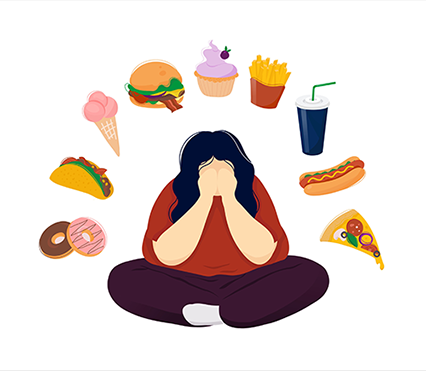Lessons learned from the lived experiences of people living with obesity during the first COVID-19 lockdown in the United Kingdom

Quantitative research has indicated that individuals with obesity faced worsening mental health and behavioral challenges during the UK’s initial COVID-19 lockdown. However, little qualitative evidence has explored their personal experiences during this time. To fill this gap, Jassil, Flint & Brown (2025) analyzed open-ended responses from a large-scale survey to better understand the difficulties encountered by adult individuals with obesity. Out of 543 respondents, 467 provided free-text answers. Most were women, with an average age of around 52 years, and a significant number had a BMI of 40 or higher. Five main themes emerged: heightened fear and anxiety, the psychological burden of being labeled as “high risk” due to obesity, disruptions in weight management services, negative changes in health-related behaviors (such as eating, exercise, and sleep), and worsening mental health. Many participants expressed distress over public messaging linking obesity to severe COVID-19 outcomes, which intensified feelings of stigma and shame. The lack of access to support services compounded their struggles. Overall, the study highlights the unique hardships people with obesity faced during lockdown and emphasizes the need for accessible digital support systems. [NPID: Obesity, mental health, COVID-19, lockdown, stigma, weight management, anxiety, digital support, health behaviors, qualitative research]
Year: 2025

 Navigation
Navigation







